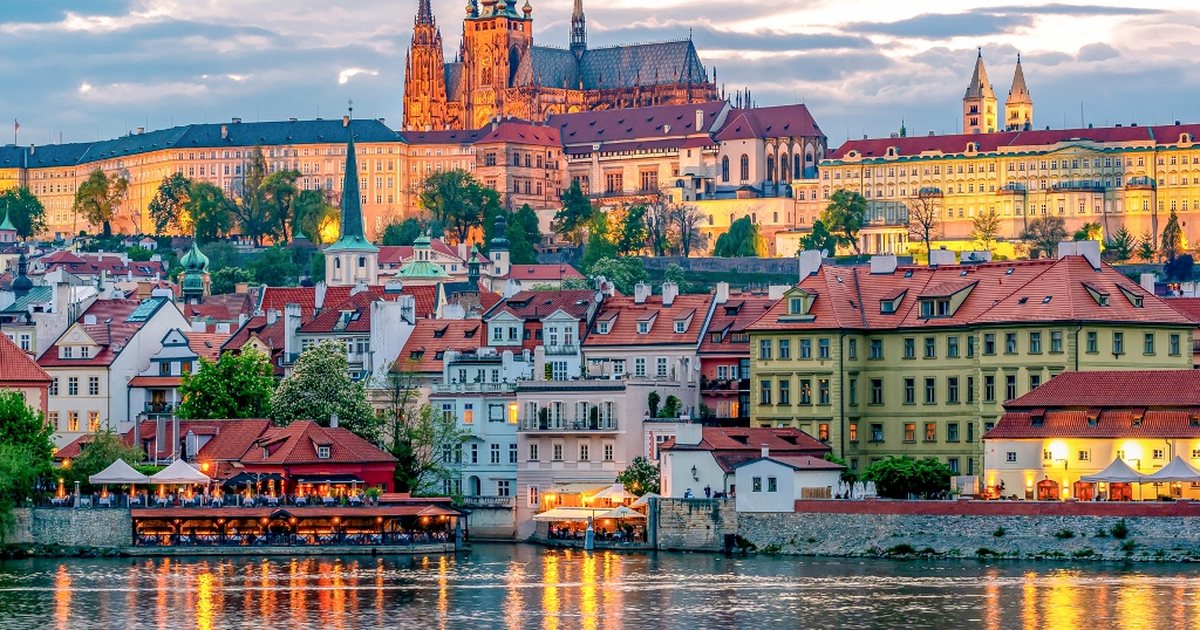Many countries have changed the names of their states from the past to the present, some for political purposes and some to erase traces of colonialism.
While place names are shaped by many factors, such as history, the people of the country, and symbols, many countries have changed their names from the past to the present.
Although country name changes create difficulties in matters such as renewing ID cards and passports, official correspondence, and titles at international meetings, many countries are taking their place on the stage of international relations with their new names.
Anadolu Agency compiled some of the countries that have changed their names from the past to the present or have such intentions.
A name born for political reasons: North Macedonia
North Macedonia, which declared its independence in 1991 under the name “Macedonia” after the breakup of the former Yugoslavia, experienced problems with Greece, a member of the European Union (EU) and NATO, over its name.
While Greece demanded that the country’s name be changed on the grounds that within its borders there existed a region called “Macedonia”, this debate presented a problem for North Macedonia’s membership in the EU and NATO.
Following UN-mediated negotiations, the Prespa Agreement was signed between the two countries in June 2018. Under the agreement on the name issue and strategic partnership, Macedonia would change its name to “North Macedonia,” and later, in September 2018, a referendum on the name issue was held.
In the referendum, which was boycotted by the opposition and the turnout was only 37 percent, the question was asked “Are you in favor of membership in the EU and NATO by accepting the Agreement between the Republic of Macedonia and the Republic of Greece?” 91.46 percent of participants voted “yes”.
While North Macedonia achieved its goal of joining NATO in 2020, it has yet to become a member of the EU. During the EU process, the country has faced disagreements with Bulgaria.
From the Czech Republic to the Czech Republic
The Central European country of the Czech Republic was one of the countries that followed suit. The country, which became independent under the name Czech Republic after the breakup of Czechoslovakia, changed its official name to Czechia in 2016.
The name of the country, which adopted the Czech name “?esko,” is translated into Albanian as “?ekia.” Some still refer to the country as the Czech Republic, while using the name “?ekia” as an abbreviation.
A new name to forget the colonial past: Eswatini
Eswatini, located in the south of the African continent, changed its old name “Swaziland” in 2018 because it was considered a name from the colonial period.
The decision in question was made on the 50th anniversary of the country’s liberation from British colonialism.
The new name Eswatini means “region of Suative” in the local language.
In other countries that gained independence in Africa, Rhodesia became Zimbabwe, Dahomey became Benin, and Bechuanaland became Botswana. The Democratic Republic of the Congo also changed its name to Zaire because it was reminiscent of its colonial past.
The military administration changed Burma’s name to Myanmar
The military administration that took office in Myanmar in 1989 changed the country’s name to Myanmar. The reason for this move was that the name Burma was used during the British colonial period.
The word Burma was inspired by the “Bamar” people, the largest ethnic group in the country.
Meanwhile, the US still continues to use the name “Burma” for Myanmar.
Modi announces name “Bharat” instead of “India”
In India, the invitation to the opening dinner of the 2023 G20 Summit by the government of Hindu nationalist Prime Minister Narendra Modi caused controversy when President Droupadi Murmu was spelled as “President of Bharat” instead of “President of India”.
The country known as India has many names, such as Bharat, Hindustan, or Hind.
It is said that the name “India” derives mainly from colonial traces and cultural imperialism imposed by the West, while the first article of the constitution adopted in the country in 1950 begins with the statement “India, namely Bharat, is a union of states.”
It is also said that the name “India” bears traces of the “period of slavery.” Some in the country argue that the name Bharat may have “imperial” connotations because it covers many different regions.
Some in the country oppose the use of the name Bharat because they see it as propaganda for “Hindu nationalism.”
